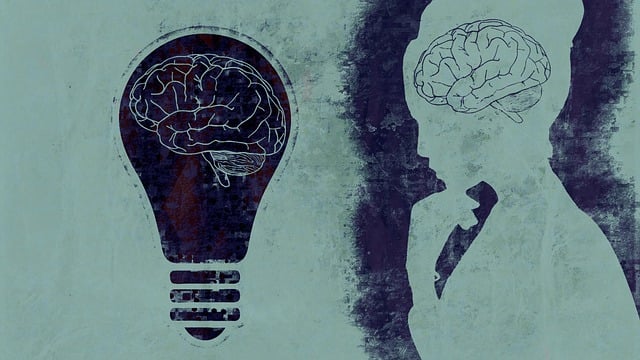Superior Alcohol Abuse Therapy emphasizes the importance of coping skills in overcoming emotional challenges and reducing reliance on alcohol. Effective strategies like conflict resolution and empathy-building exercises empower individuals to manage stress and difficult emotions healthily, enhancing resilience, decision-making, and positive relationships. Tailored coping mechanisms, mindfulness practices, physical activities, support networks, and self-care routines help manage cravings and challenging situations, leading to long-term recovery and improved mental wellness. Integrating these skills into daily life is crucial for emotional resilience and well-being post-treatment.
Coping skills development is a cornerstone of successful long-term recovery from alcohol abuse. This article explores the critical role these skills play in superior alcohol abuse therapy, delving into effective mechanisms for navigating stress and triggers. We provide strategies to integrate and sustain healthy coping habits into daily life, empowering individuals to maintain sobriety and enhance overall well-being. By understanding and mastering these techniques, individuals can thrive in their recovery journey.
- Understanding Coping Skills and Their Significance in Superior Alcohol Abuse Therapy
- Identifying Effective Coping Mechanisms for Long-Term Recovery
- Strategies for Integrating and Sustaining Healthy Coping Skills in Daily Life
Understanding Coping Skills and Their Significance in Superior Alcohol Abuse Therapy

Coping skills are adaptive behaviors and strategies individuals use to manage stress, difficult emotions, and challenging situations. In the context of Superior Alcohol Abuse Therapy, understanding and developing robust coping mechanisms is paramount. Alcohol abuse often stems from underlying emotional issues or serves as a maladaptive coping strategy itself, making it crucial to address these patterns during therapy.
Effective coping skills empower individuals to navigate life’s stressors without resorting to harmful behaviors like substance abuse. Mental wellness professionals incorporate various techniques, including conflict resolution strategies and empathy-building exercises, to help clients develop healthier ways of dealing with emotions. By learning these skills, individuals can enhance their resilience, improve decision-making abilities, and foster positive relationships, all of which are essential components of successful alcohol abuse therapy.
Identifying Effective Coping Mechanisms for Long-Term Recovery

Identifying effective coping mechanisms is a pivotal step for long-term recovery from alcohol abuse. Superior Alcohol Abuse Therapy often emphasizes the importance of personalizing treatment to cater to individual needs and preferences. One size does not fit all, and what works for one person may not be as beneficial for another. Therefore, individuals in therapy should explore various coping strategies to discover those that resonate with them, providing a sense of control and empowerment during their journey towards recovery.
The process involves recognizing triggers and developing healthy responses. This could include practicing mindfulness techniques for stress reduction methods, engaging in physical activities or hobbies, building a strong support network, and adopting positive self-care practices. By integrating these coping skills into daily life, individuals can enhance their mental wellness and boost their confidence in managing cravings and challenging situations without resorting to alcohol.
Strategies for Integrating and Sustaining Healthy Coping Skills in Daily Life

Integrating healthy coping skills into daily life is a vital step towards enhancing emotional resilience and overall well-being. After undergoing Superior Alcohol Abuse Therapy or other forms of treatment, individuals often need practical strategies to sustain their progress. One effective approach is to establish routine practices that support emotional healing processes. This can include dedicated time for mindfulness exercises like meditation or deep breathing, which are proven stress reduction methods. By incorporating these activities into a daily schedule, individuals create a sense of structure and calm, making it easier to manage triggers and challenges.
Additionally, learning conflict resolution techniques is invaluable for maintaining healthy relationships and reducing anxiety in various aspects of life. Engaging in open communication, practicing active listening, and employing constructive dispute strategies can help navigate interpersonal conflicts. These skills not only foster better connections but also provide effective outlets for expressing emotions, further assisting in the overall emotional healing processes.
Coping skills development is a pivotal aspect of successful long-term recovery from alcohol abuse, as evidenced by its central role in Superior Alcohol Abuse Therapy. By identifying and integrating effective coping mechanisms into daily life, individuals can enhance their ability to navigate challenges without resorting to substance use. This holistic approach, combining understanding, strategy, and sustained practice, empowers folks on their journey towards lasting sobriety and improved mental well-being.












